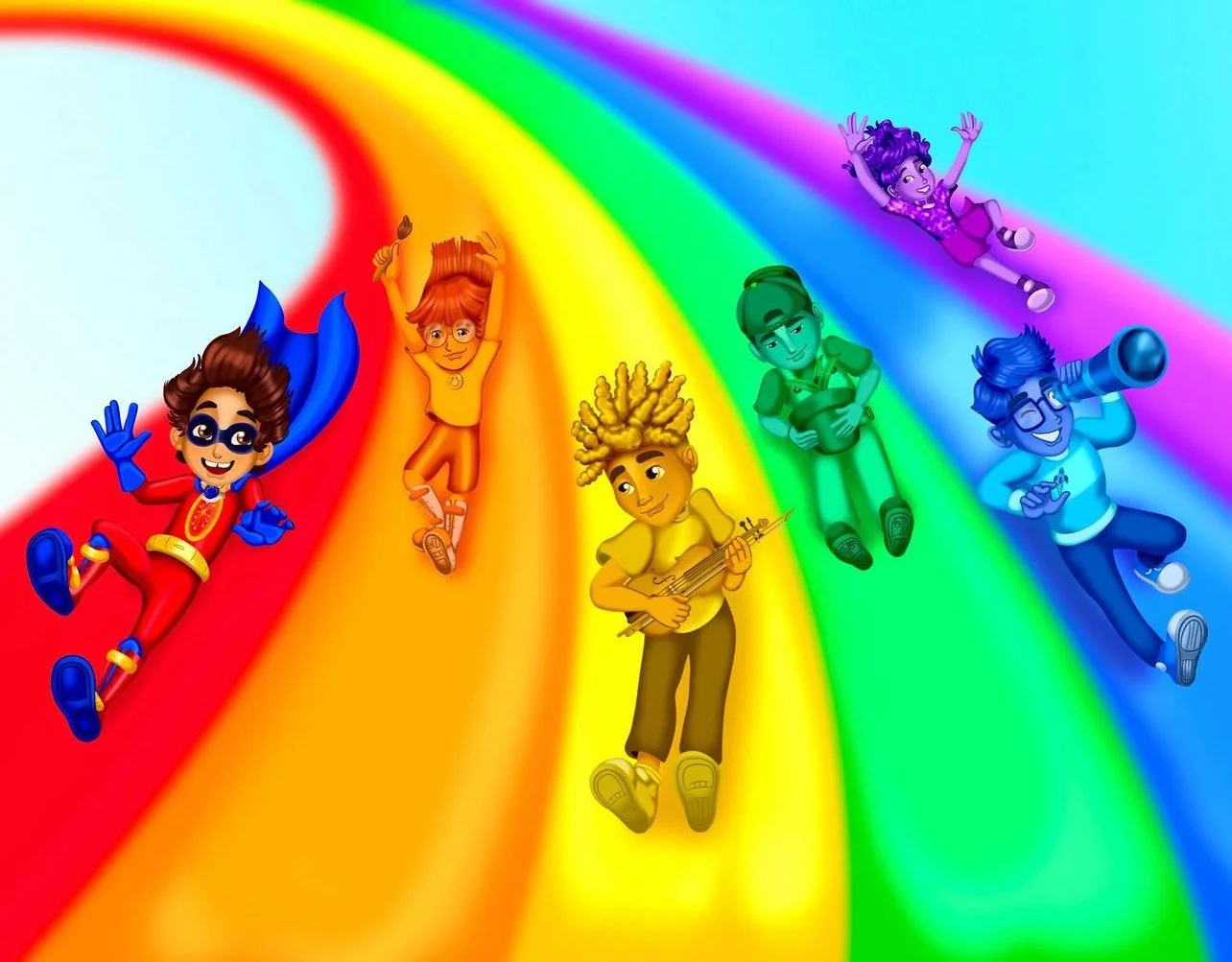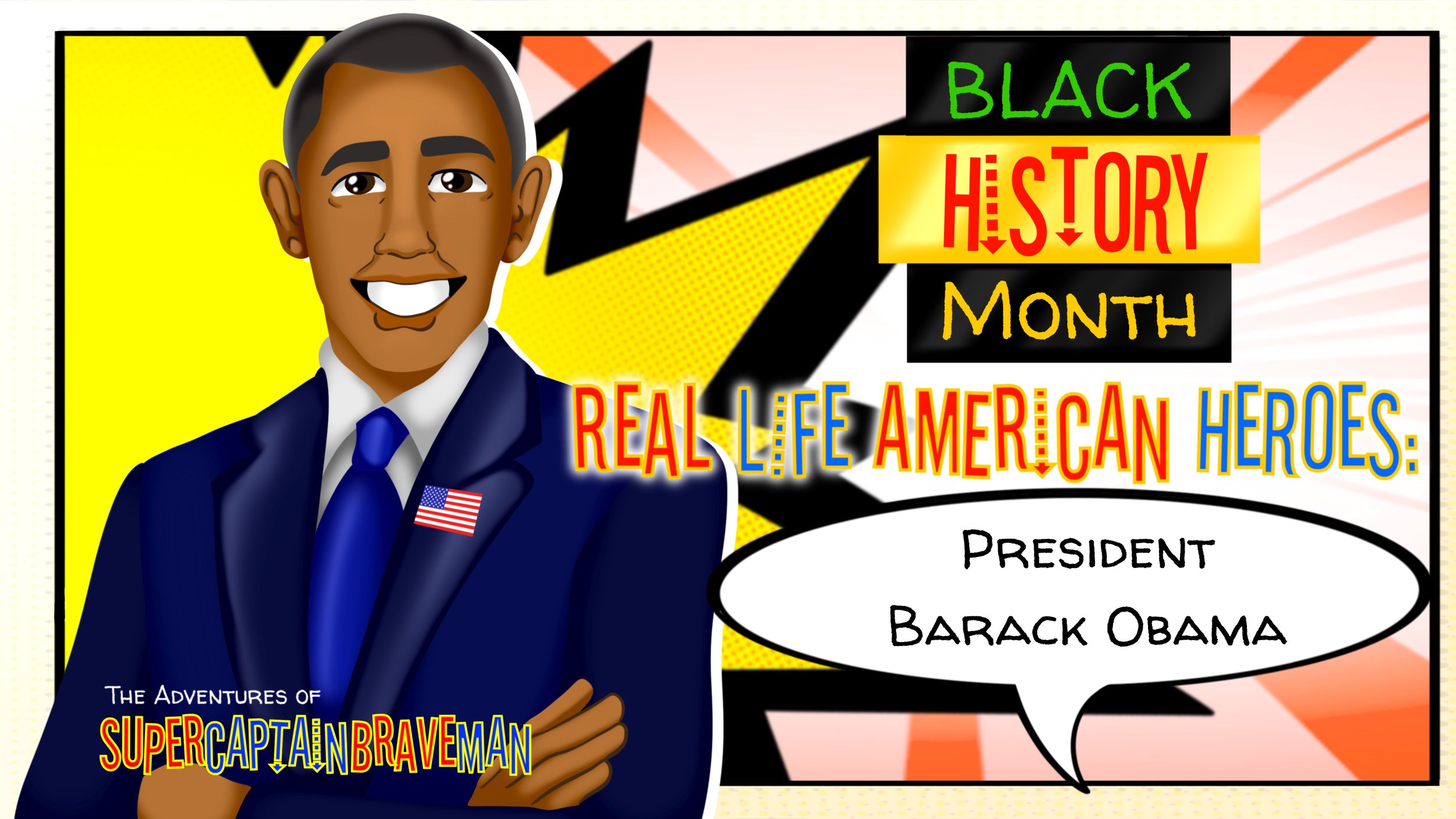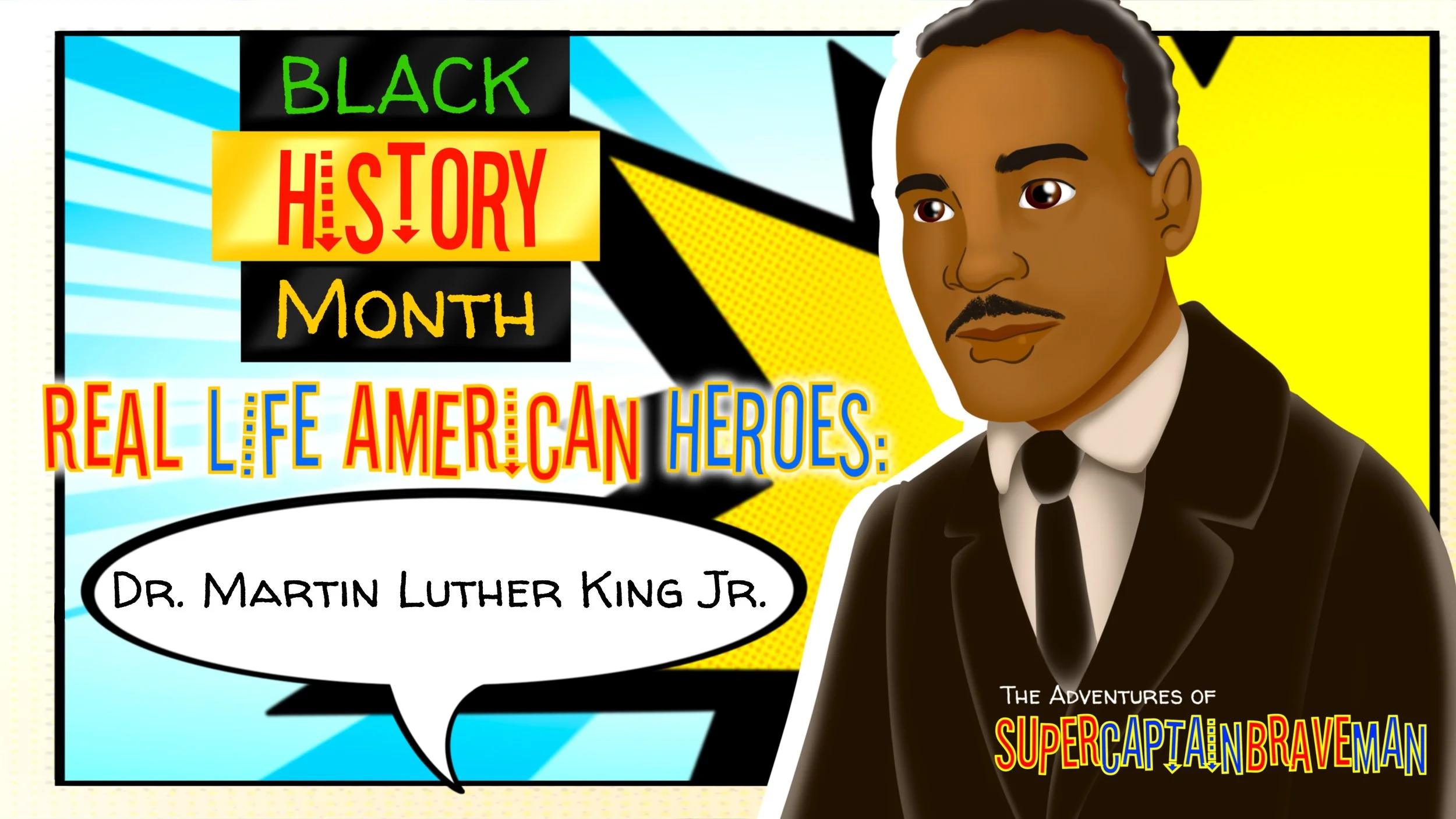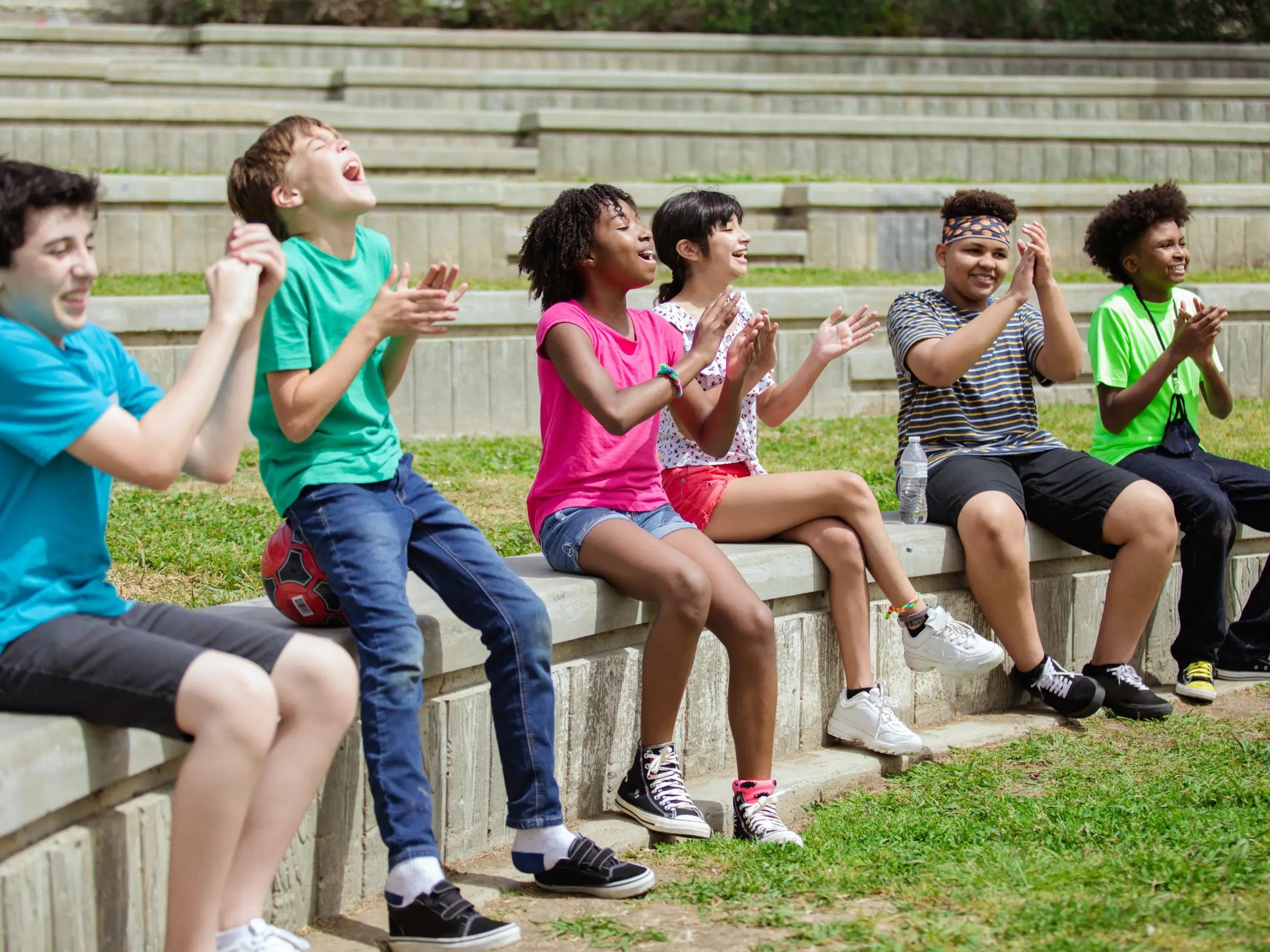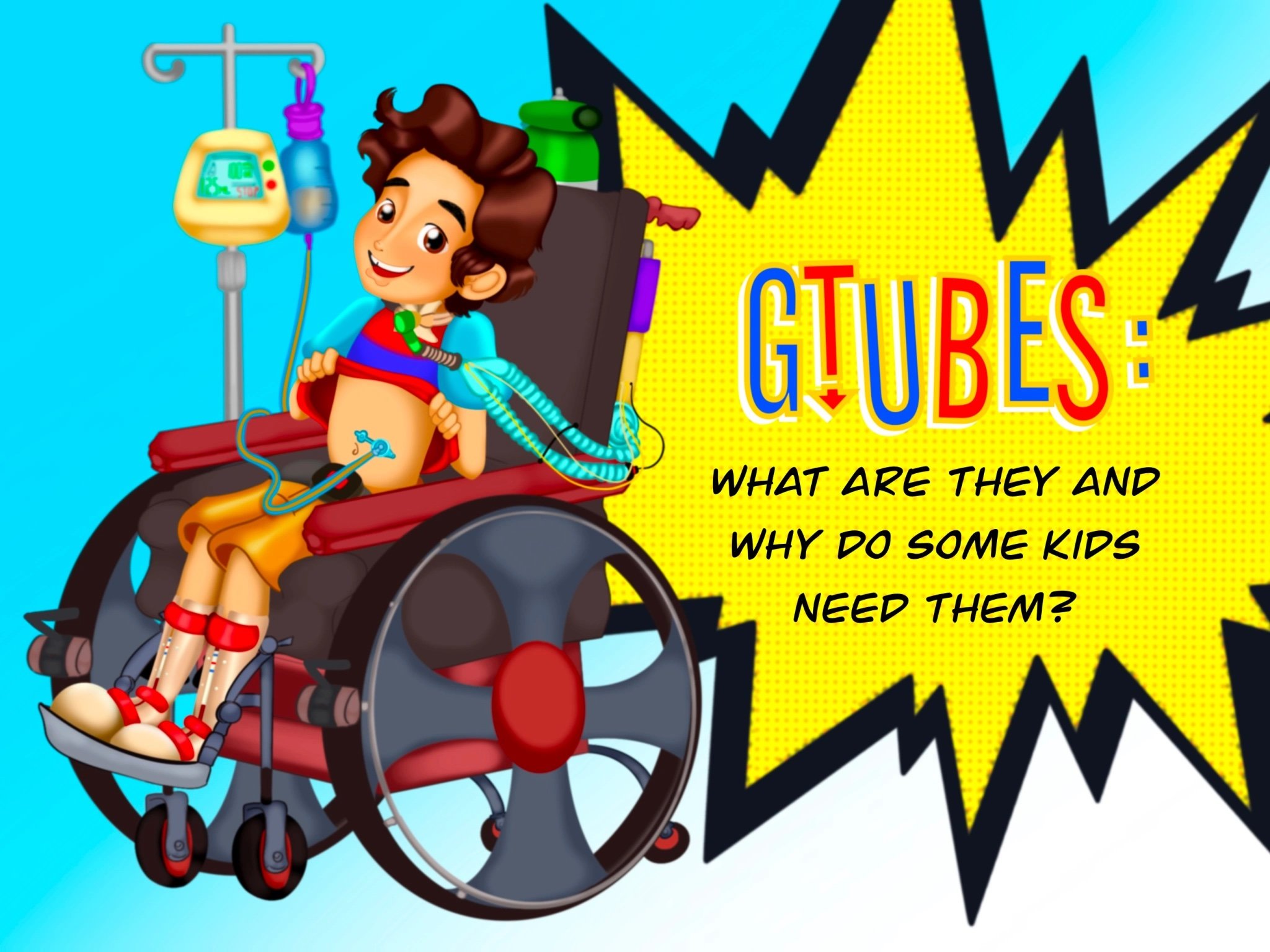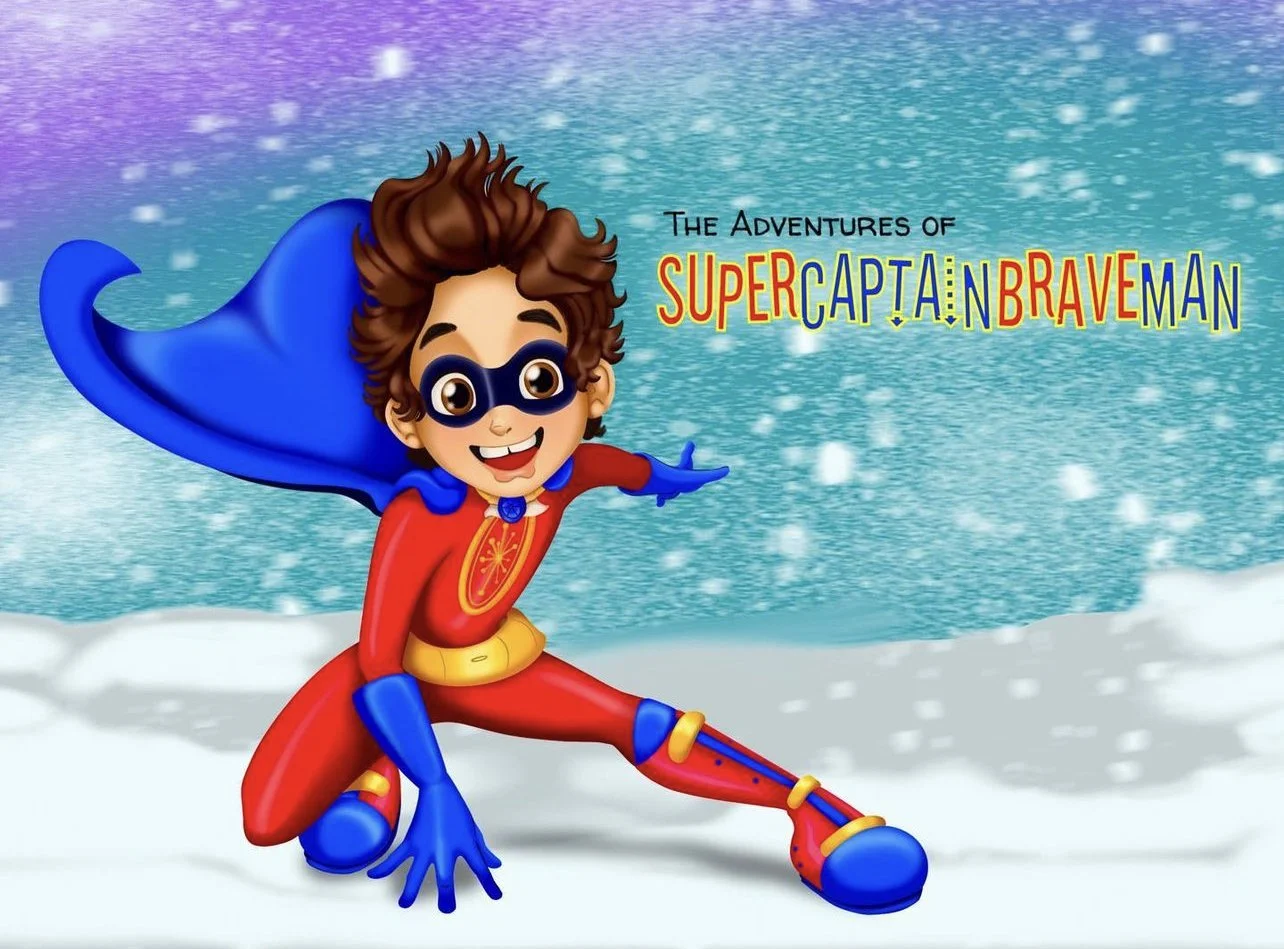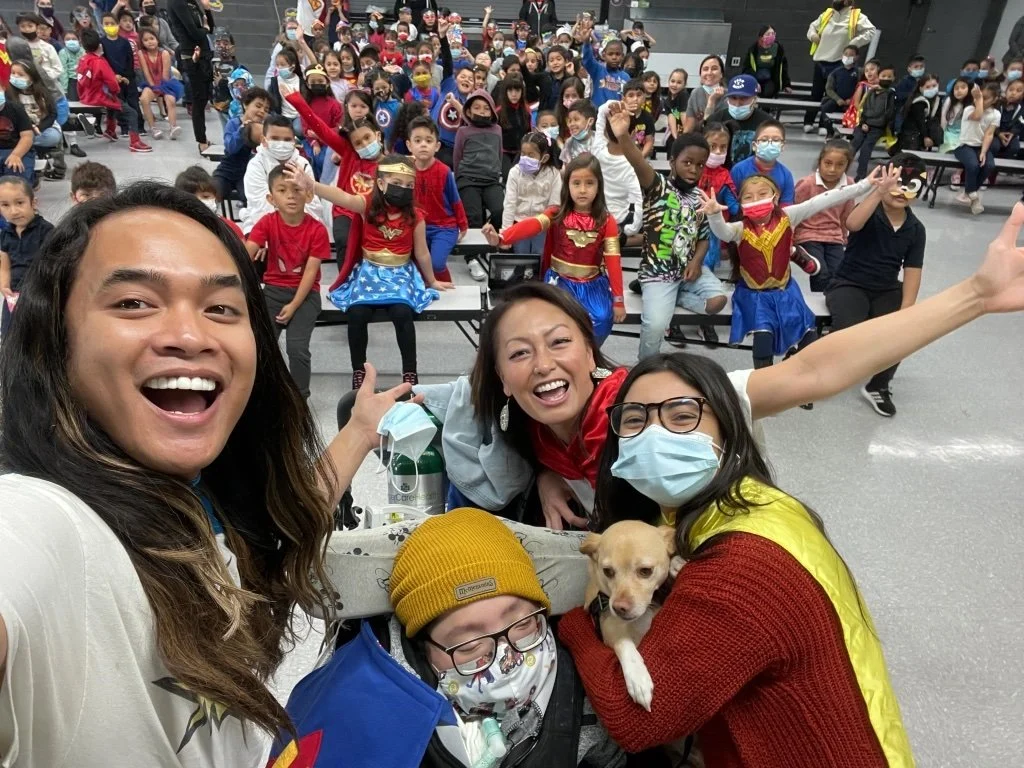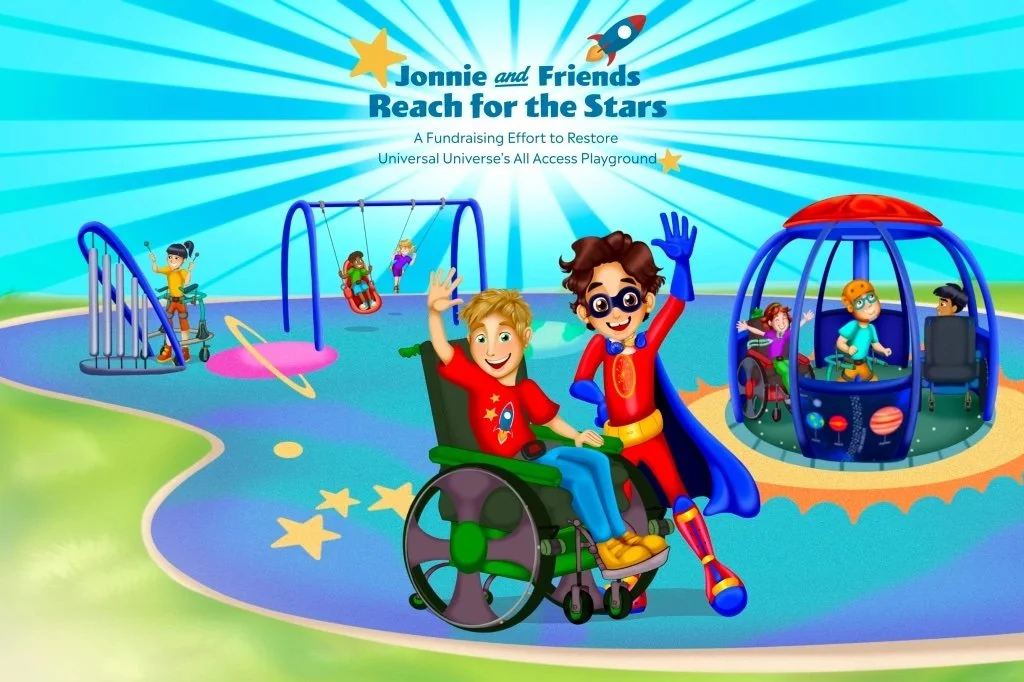Winter Wonderland! Inclusive Activities for Children of All Abilities
/Winter is a magical season filled with snowflakes and the joy of spending time with friends and family. For children of all abilities, the chilly weather provides a perfect canvas for creating lasting memories together. In this article, we'll explore a variety of winter activities that are not only fun but also inclusive, thanks to adaptive equipment provided by companies committed to ensuring every child can participate in the wonders of the snowy season.
Let’s Build A Snowman! ☃️ Gather the gang and embark on a snowman-building adventure! This classic winter activity is perfect for fostering teamwork and creativity. For children with mobility challenges, consider providing adaptive tools like molds, making it easier for everyone to contribute to the creation of their unique snow friend. Some can even be made indoors with snow-like materials!
Adaptive Ice Skating! ⛸️ For an inclusive ice skating experience, turn to organizations like Inclusive Skating and US Figure Skating for recreational programs that welcome kids of all abilities. Companies like Gliding Stars and Riedell offer great products like adaptive ice skates and stabilizers. Many ice rinks now offer inclusive skating sessions, equipped with these adaptive tools, ensuring that every child can glide gracefully across the ice.
Winter Nature Scavenger Hunt! 🔍 Take part in a nature scavenger hunt with inclusive considerations. Here’s how to set up a scavenger hunt using AAC. Here are links from KC Edventures and Green Child Magazine for winter wonderland searching suggestions and printable lists.
Sensory Snow Painting! 🎨 Engage in sensory snow painting with adaptive equipment like specially designed spray bottles and tools that allow children with different abilities to create vibrant masterpieces on the snow, providing both a creative and sensory experience. Active Hands is a great website for products to aid in gripping. Here’s a great blog on how to create your own snowy sensory experience for kids.
Adaptive Sledding Fun! 🛷 Enjoy the thrill of sledding with adaptive sleds that come in all shapes and sizes. These sleds are designed to accommodate various mobility needs, ensuring that every child can experience the exhilaration of sliding down the hill.
Winter Storytime and Crafts! ❄️ Indoor winter activities can be inclusive too. Read the awesome books from the SuperCaptainBraveMan collection — they all celebrate diversity and inclusivity. Make endless crafts using adaptive art supplies from places like Zot Artz and Blick, empowering people of all abilities to express themselves through their creations.
Accessible Winter Sports! For those who are ready to take on the slopes or other winter adventures, check out this list of Adaptive Skiing Centers across the US and this list of Winter Adaptive Sports & Recreation Activities for People with Disabilities. These places ensure that folks with different abilities can participate in a variety of winter sports.
Winter is a season for everyone to come together and create joyful memories. With more options now than ever, children of all abilities can enjoy the magic of winter with adaptive equipment, toys, and experiences. So, bundle up, grab your mittens, and let the inclusive winter adventures begin!






